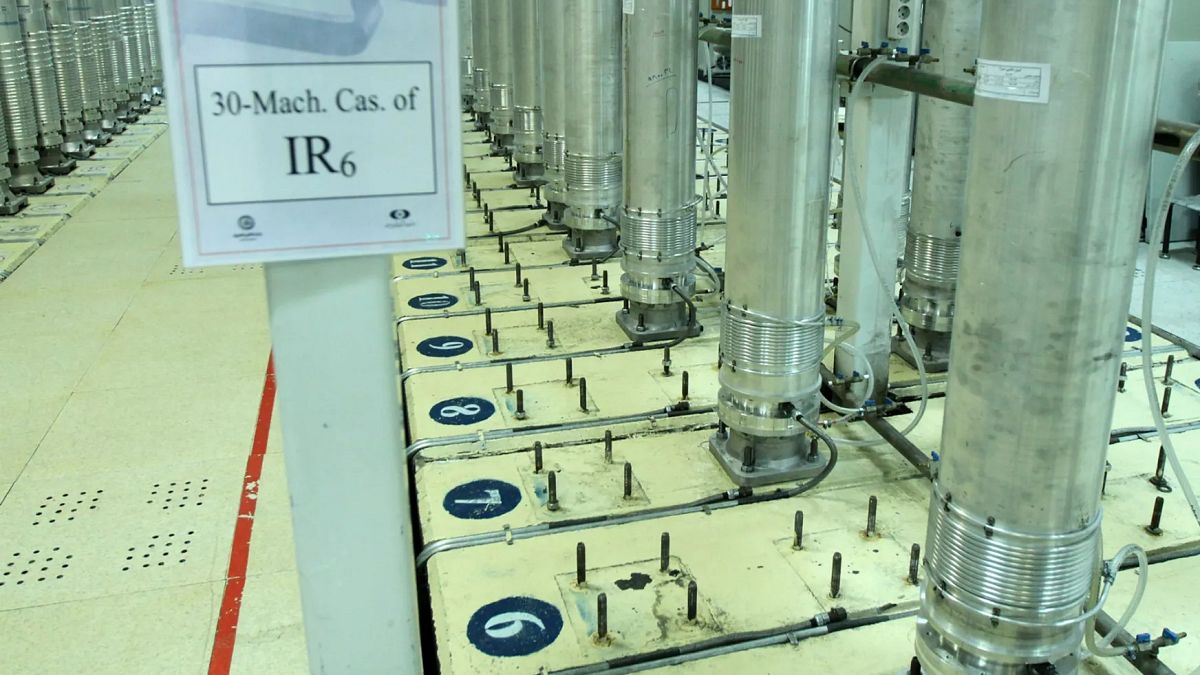

In a world characterized by interconnected challenges and ongoing geopolitical shifts, recent developments highlight the varied ways nations are seeking progress on multiple fronts. At the center of these unfolding stories are pivotal topics ranging from nuclear negotiations to anti-corruption reforms, and international defense arrangements, each reflecting broader global trends.
Commencing with Iran, talks with the E3 nations—comprising France, Germany, and the United Kingdom—are set to resume after the latest round in Istanbul did not yield a breakthrough. The E3 nations have emphasized the significance of Iran’s cooperation with the International Atomic Energy Agency (IAEA) and its need to reduce its enriched uranium stockpile. In an atmosphere of firm diplomatic resolve, the nations asserted that employing a “snapback” mechanism remains an open option should Tehran fail to conform to their expectations. This underscores the persistence of diplomatic dialogue as a cornerstone for addressing enduring nuclear proliferation concerns.
Meanwhile, in Ukraine, President Volodymyr Zelenskyy has taken steps to amend a controversial anti-corruption law, influenced by sustained protests and feedback from civil society groups. This development highlights an ongoing narrative focused on Ukraine’s efforts to align with European Union standards, a critical condition for the country’s desired EU integration path. Continuous discussions between Brussels and Kyiv aim to ensure the independence and efficacy of Ukraine’s anti-corruption agencies, reflecting a shared commitment to transparent governance.
The European Union’s vigilance over Ukrainian legislative progress mirrors broader trends within the EU of fostering democratic and accountable governance within its sphere. Zelenskyy has openly acknowledged the importance of listening to public concerns and engaging in dialogue as central to maintaining national unity during this transformative period. The reciprocal influence between citizen engagement and policymaking is a testament to the evolving nature of democratic practices.
In the realm of international defense, the United Kingdom and Australia are poised to solidify a 50-year agreement on nuclear submarines, marking a significant milestone in the AUKUS alliance that also includes the United States. Established in 2021, this alliance aims to address growing military dynamics in the Asia-Pacific region, particularly in response to the increasing presence of Chinese military capabilities. This long-term agreement symbolizes a strategic continuity and deepened cooperation between these nations, aligning their defense interests in a rapidly evolving global landscape.
Finally, in the Middle East, Mark Carney, former Governor of the Bank of England, has emphasized the pressing humanitarian necessity for Israel to relinquish control over aid flows into Gaza. The current restrictions have been labeled a violation of international law, and calls for a reevaluation of these measures underline a persistent humanitarian discourse urging adherence to global norms. Bridging such divides through empathetic diplomatic engagement remains crucial for fostering peace and alleviating humanitarian suffering.
These interconnected stories, set against the backdrop of today’s complex world, reveal the multifaceted approaches countries are undertaking to navigate diplomatic, humanitarian, and governance challenges. Collectively, they paint a picture of an international community striving, through negotiation, reform, and cooperation, to build a more stable, just, and connected world.
Source: {link}
